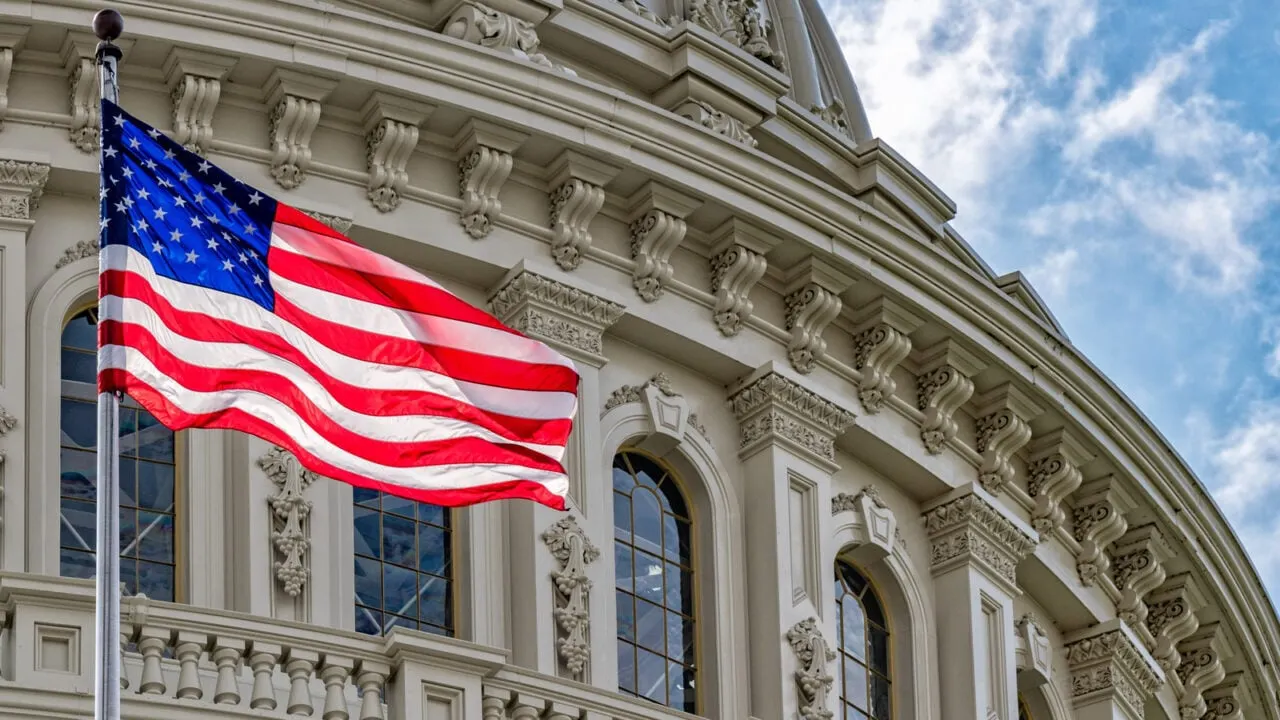A bipartisan group of U.S. lawmakers are looking to overturn a Securities and Exchange Commission (SEC) accounting standard that places restrictions on crypto custodians.
Sen. Cynthia Lummis (R-WY) and Reps. Wiley Nickel (D-NC) and Mike Flood (R-NB) introduced a joint resolution in the Senate and House of Representatives to repeal SEC Staff Accounting Bill (SAB) 121.
In a press release, Lummis wrote that the Government Accountability Office (GAO) found that SAB 121 is considered a rule for the purposes of the Congressional Review Act. Lummis added that SAB 121 was issued without consultation with Congress or the GAO, making it "not enforceable."
She went on to say that enforcing the noncompliant rule would mean "effectively allowing the SEC to have regulatory authority over institutions which Congress did not authorize."
In a statement posted on his website, Flood accused the SEC of "overreach" for having gone "beyond the scope of an accounting bulletin."
"Gary Gensler and the Security and Exchange Commission continue to overstep their authority," Nickel added in a statement, saying that it was "time for Congress to weigh in" on SAB 121.
Introduced in March 2022 and enacted the following month, SAB 121 requires companies custodying cryptocurrency to report a liability and "corresponding assets" on the firm's own balance sheet. In a statement posted on Flood's website, industry body the American Bankers Association said that SAB 121 "represents a significant departure from longstanding accounting treatment for custodied assets and threatens the banking industry’s ability to provide its customers with safe and sound custody of digital assets."
The Securities Industry and Financial Markets Association (SIFMA) added that the rule "has disincentivized banks from providing custodial services for digital assets" owing to its impact on bank capital and liquidity ratios, and that it "deviates from current accounting treatment for traditional assets held in custody.
The SEC has faced pushback from lawmakers and the judiciary over its approach to crypto in recent months. In January, the regulator approved multiple spot Bitcoin ETFs in the U.S. The SEC undertook the move reluctantly, after its chair Gary Gensler conceded that "circumstances, however, have changed," following a court order that forced it to review Grayscale's application to convert its Grayscale Bitcoin Trust into a spot ETF.
Days later, U.S. District Judge Katherine Polk Failla queried whether the SEC's interpretation of existing securities laws towards digital assets was "sweeping too broadly," as the regulator squared off with Coinbase in court over the exchange's crypto staking program.
And earlier this week, the SEC filed to dismiss its lawsuit against crypto firm Debt Box, after facing sanctions over "materially false and misleading" representations in the case.
Edited by Stacy Elliott.

